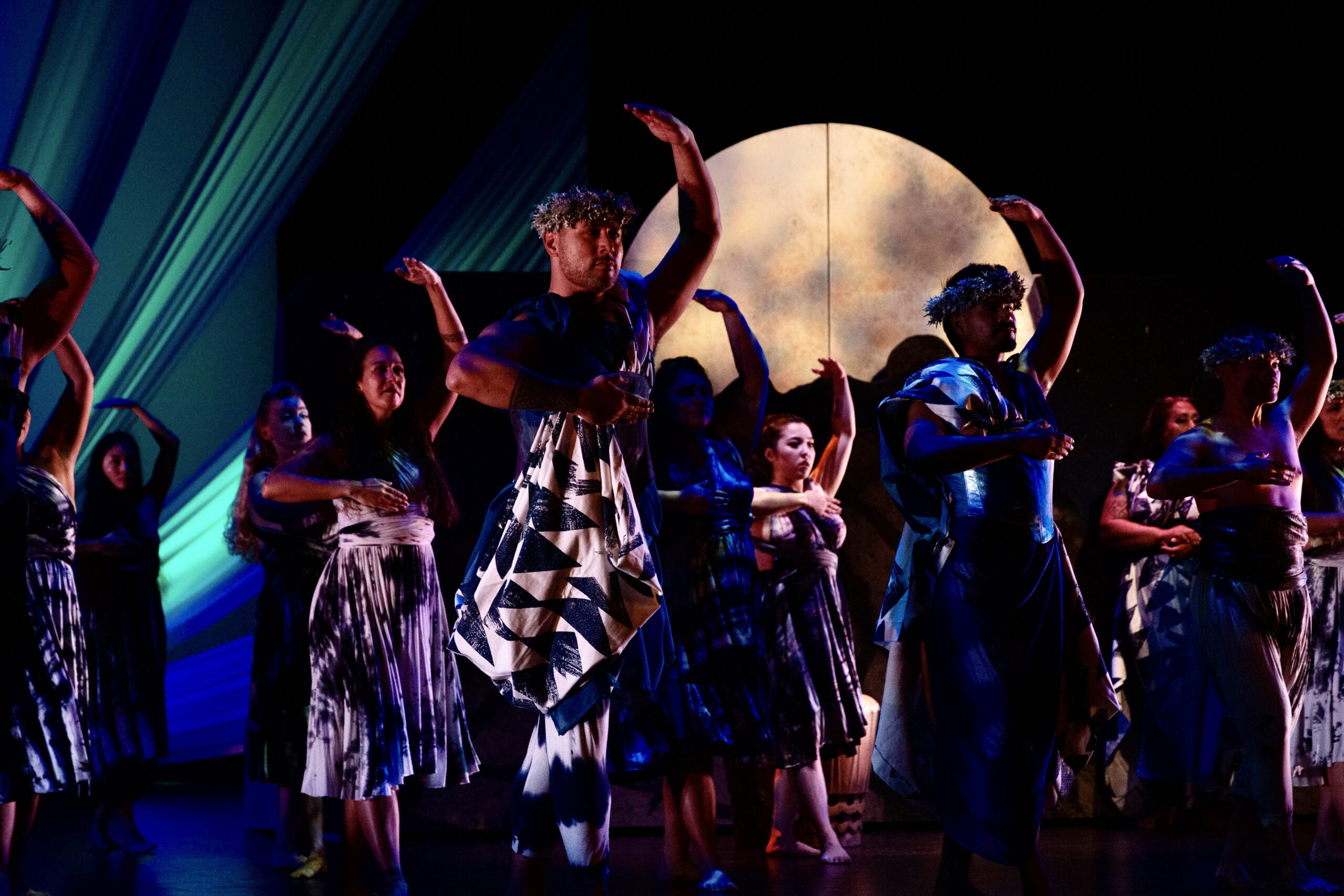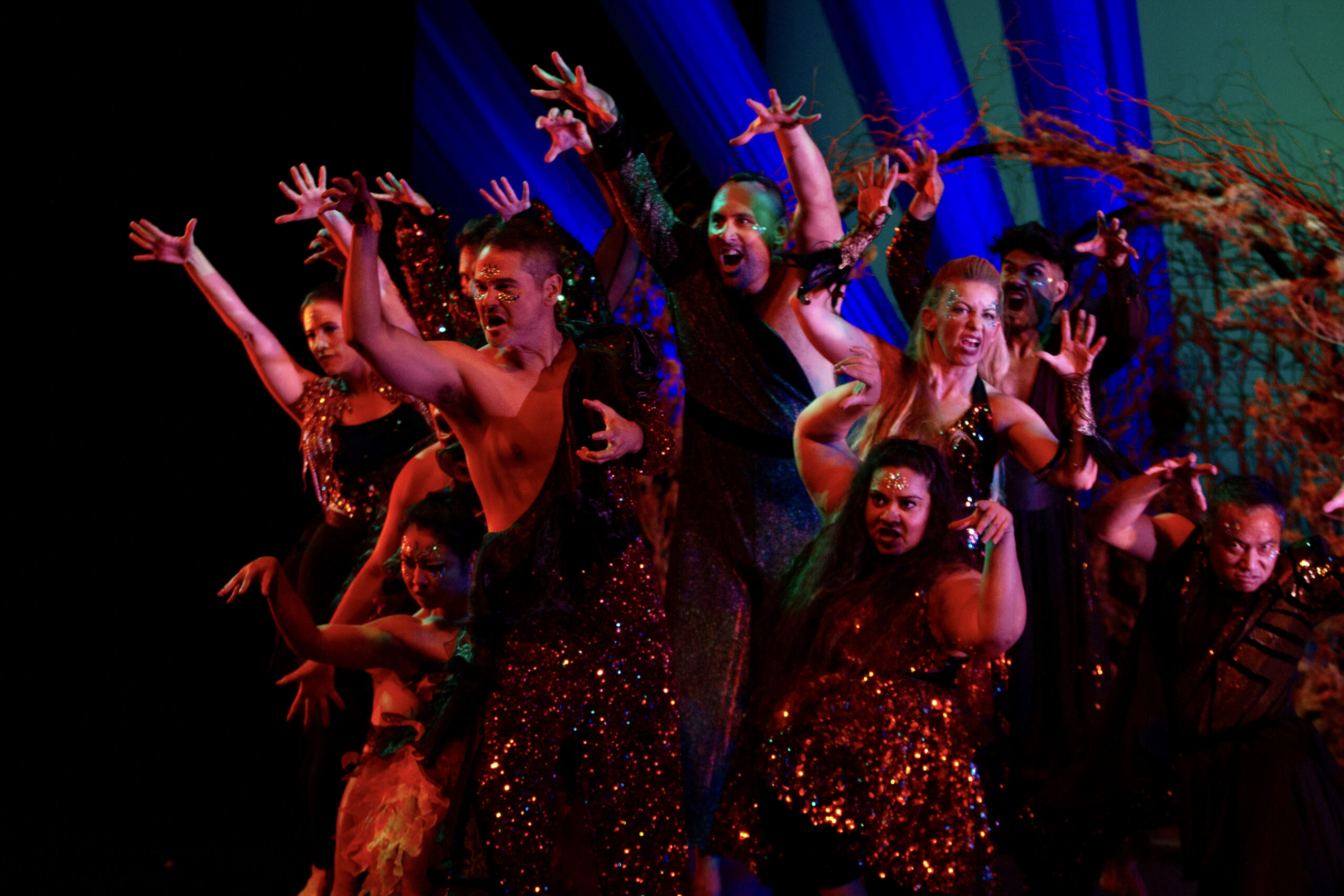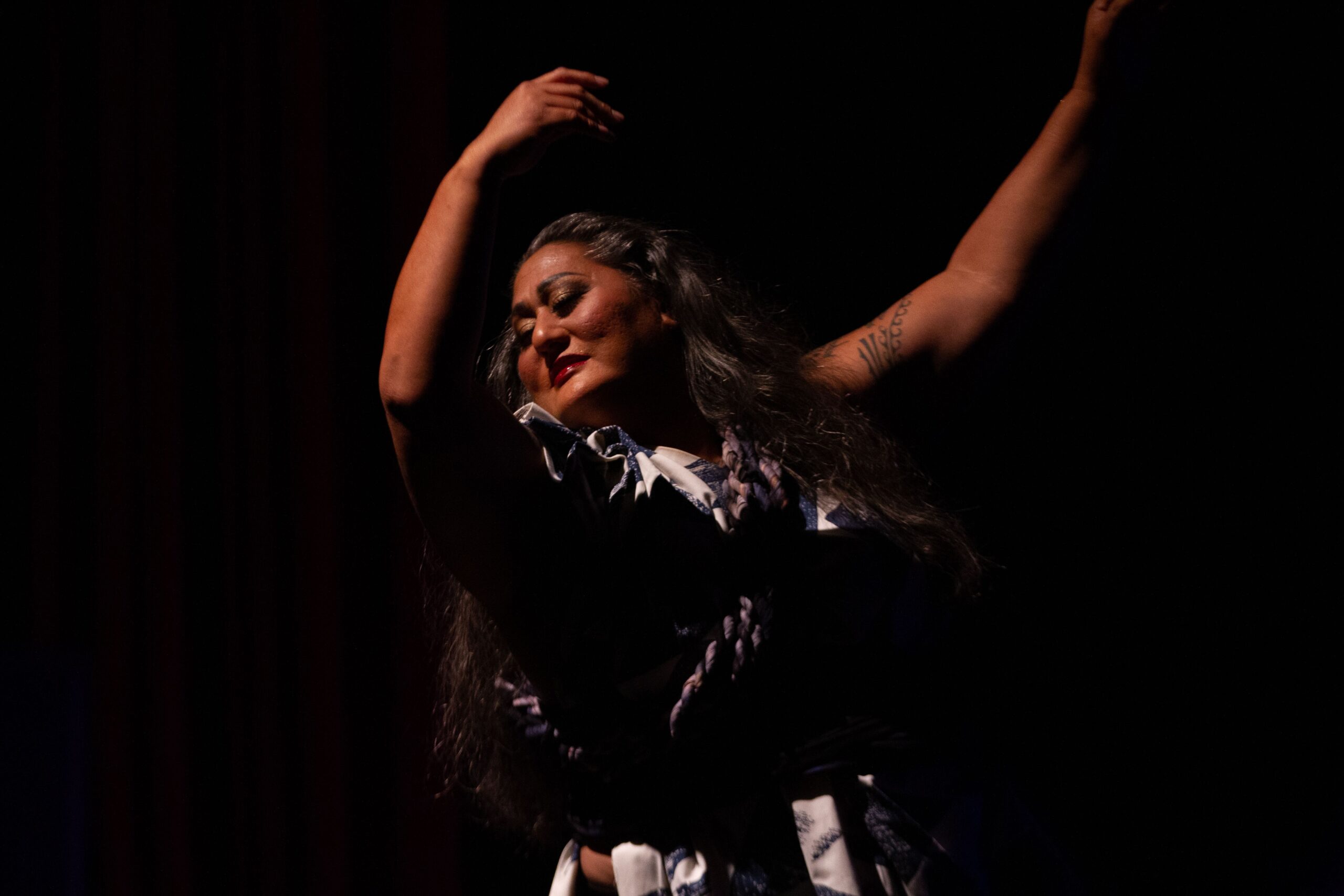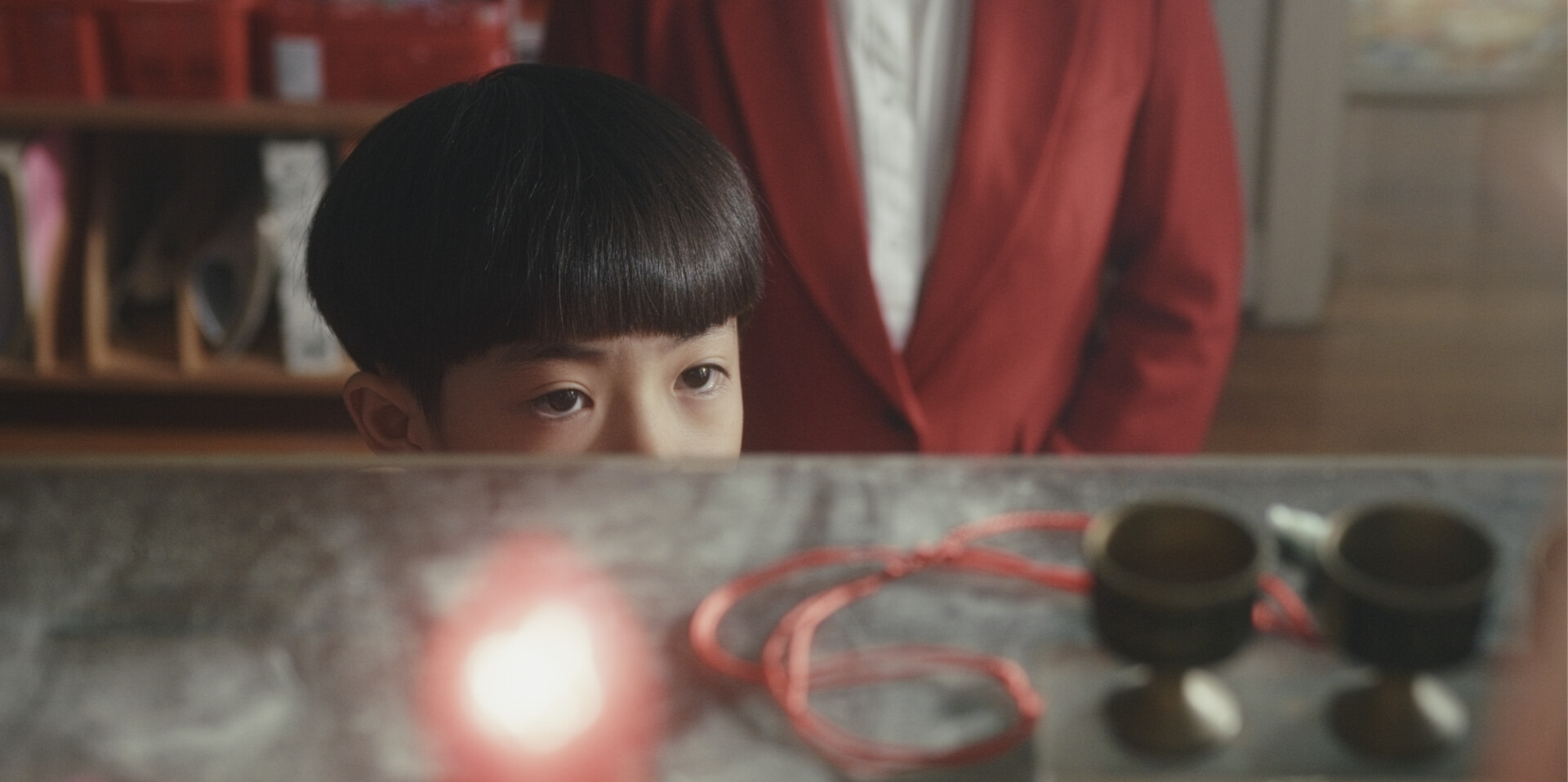MĀHŪ: A Trans-Pacific Love Letter to Identity, Culture, and Courage
September 23, 2025

After making its world premiere on May 2 at the 2025 Los Angeles Asian Pacific Film Festival, MĀHŪ: A Trans-Pacific Love Letter continues to ripple outward–reaching new audiences just in time for Pride Month. Directed by celebrated filmmaker and hula practitioner Lisette Marie Flanary, MĀHŪ is both a personal and collective offering: a radiant reclamation of identity, a tribute to cultural legacy, and a cinematic space where māhū voices are not only visible, but exalted.
The film documents a groundbreaking stage production by Kumu Hula Patrick Makuakāne, whose choreography and vision have long pushed the boundaries of hula while remaining deeply rooted in Indigenous tradition. Through chant, movement, and multimedia storytelling, the stage -and now the screen- asks us to honor māhū not as exception, but as legacy.

Patrick Makuakāne and Lisette Marie Flanary at the 2025 Los Angeles Asian Pacific Film Festival (Photo By Sthanlee B. Mirador/LAAPFF)
“Patrick and I were both committed to creating something that would extend beyond the ephemeral experience of a live show,” Flanary shares. “We wanted MĀHŪ to live on, to continue the conversation, and to reach people who weren’t in the room that night.”
Centering the artistry and lived experience of three remarkable māhū cultural bearers -Hinaleimoana Wong-Kalu, Kaumakaiwa Kanakaʻole, and Iwalani Hoʻomanawanui Apo -the film moves with both reverence and urgency. “These are legends in Hawaiʻi,” Flanary notes. “I was honestly intimidated at first. But I also knew how important it was to show their humanity beyond the stage. Their stories needed to be seen in their full depth and dignity.”

Flanary brings more than two decades of experience as a documentarian and cultural storyteller, best known for her “Hula Trilogy” (American Aloha, Nā Kamalei, and Tokyo Hula). With MĀHŪ, she returns her gaze homeward -to Hawaiʻi, to hula, and to the powerful space where gender and ancestry intersect.
“I think my filmmaking journey goes hand in hand with my hula journey,” she reflects. “Hula has taught me patience, listening, and respect for nuance. Those same values shape how I approach documentary work -especially when I’m working with communities whose stories aren’t often reflected accurately on screen.”

More than a film about performance, MĀHŪ is a love letter to identity in all its forms. “I didn’t expect this to become a political film,” Flanary admits. “It started as a celebration. But with the ongoing attacks on trans rights -especially in the U.S. -it has become something more. Even the title, MĀHŪ, is a statement. It’s about pride, not shame.”
That message lands with special resonance during Pride Month, when LGBTQIA+ stories are often spotlighted -but too rarely rooted in Indigenous knowledge or cultural specificity. MĀHŪ fills that gap with grace, grit, and a deep sense of kuleana (responsibility). It honors māhū not as modern invention, but as sacred continuance -essential to Hawaiian history, sovereignty, and futurity.
Following its world premiere in Los Angeles, MĀHŪ is already expanding its reach, with screenings at Frameline in San Francisco and an international premiere at the Doc Edge Film Festival in Aotearoa. For Flanary, these opportunities are more than just exhibition -they’re moments of gathering and joy. “I want every screening to feel alive,” she says. “To feel rooted in the people who made the film possible. That’s the spirit of hula. That’s the spirit of this work.”

As the film travels, it offers a crucial reminder: the stories we tell about gender are inseparable from the stories we tell about culture, resistance, and belonging. In that way, MĀHŪ isn’t just a film for Pride -it’s a film for all seasons, all people, all who seek to live fully in their truth.
Like the lehua blossom -Hawaiʻi’s sacred flower that blooms only after lava cools–MĀHŪ rises from ancestral fire. It is fierce, fragile, and entirely necessary. A cinematic offering of healing, joy, and fierce aloha, MĀHŪ reminds us what can flourish when we honor the fullness of who we are.

 tweet
tweet share
share

